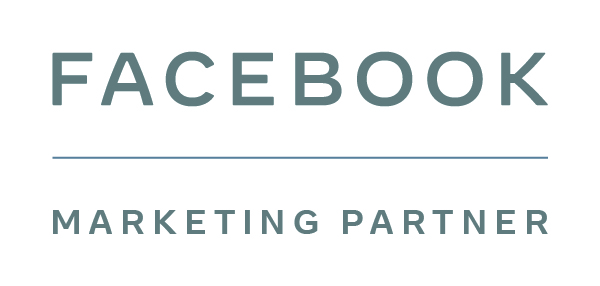The arrival of GDPR is imminent. The new EU legislation comes into force on 25th May and will impact businesses in almost every sector, in a number of ways. And, yes, that even includes digital marketing and advertising.
With hefty penalties of up to €20 million for non-compliance, it’s not something you want to ignore. Read on as we look at the impact of GDPR on digital advertising and how to make sure you comply.
GDP-what?
For those that aren’t clued up on the ins and outs of EU legislation, GDPR is the General Data Protection Regulation. It was approved back in 2016 and will replace the existing Data Protection Act in the UK.
As the name suggests, it’s concerned with the protection of personal data for business and consumers in EU countries. That includes countries based outside of the EU that deal with EU consumers – so, yes, it is still relevant despite Brexit. Not to mention that the UK is still part of the EU until at least 2019, so will certainly be subject to the changes.
How will GDPR work?
To put it in simple terms – GDPR aims to give more power to consumers. This spans everything from specific consent outlining the purpose of data collection to the power to be forgotten by companies. Consumers can even request to see exactly what data your business holds about them. Here are some of the essential things for marketers to note:
- Any collection of personal data requires explicit consent from the consumer
- This consent needs to be documented, with no assumptions or pre-ticked boxes
- Businesses should not stop individuals from using a service if they choose to withhold their consent
- Consumers have a right to be forgotten – whereby businesses must delete any information they hold about an individual on their request
So, how does this affect digital advertising?
Needless to say, personal data plays a crucial role in digital advertising. That’s why platforms with their own bank of data hold such huge value for businesses looking to reach specific audiences. Facebook falls in this category, collecting data about its users’ age, relationship status, interests and even what they get up to at the weekend.
In terms of your own ecommerce business, GDPR is likely to affect things like email marketing and remarketing through personalised adverts. Here are some key areas of focus to make sure you’re compliant:
- Consent – Make sure your opt-in statement outlines what data you will collect and how exactly it will be used. This includes actively seeking consent for cookies, rather than simply “by using our site you agree to our use of cookies”
- Storage – Ensure any data you hold is kept securely, where it can only be accessed by authorised personnel
- Sharing – You must disclose and gain consent before you share customer data with any third parties. You’re also responsible for ensuring those third parties are GDPR-compliant
- Evidence – Document everything, from consent to dates of data deletion
Stay prepared
GDPR doesn’t have to be a massive shock to the system. With the right preparation, compliance can be both quick and simple. If you’re unsure about anything, be sure to get expert advice and assistance.
At Fluid Digital, we help ecommerce businesses succeed in an ever-changing digital landscape. Whether it’s assistance with your ecommerce site or optimising your pay-per-click advertising campaign – we’re here to help. Use our online contact form to get the ball rolling.





